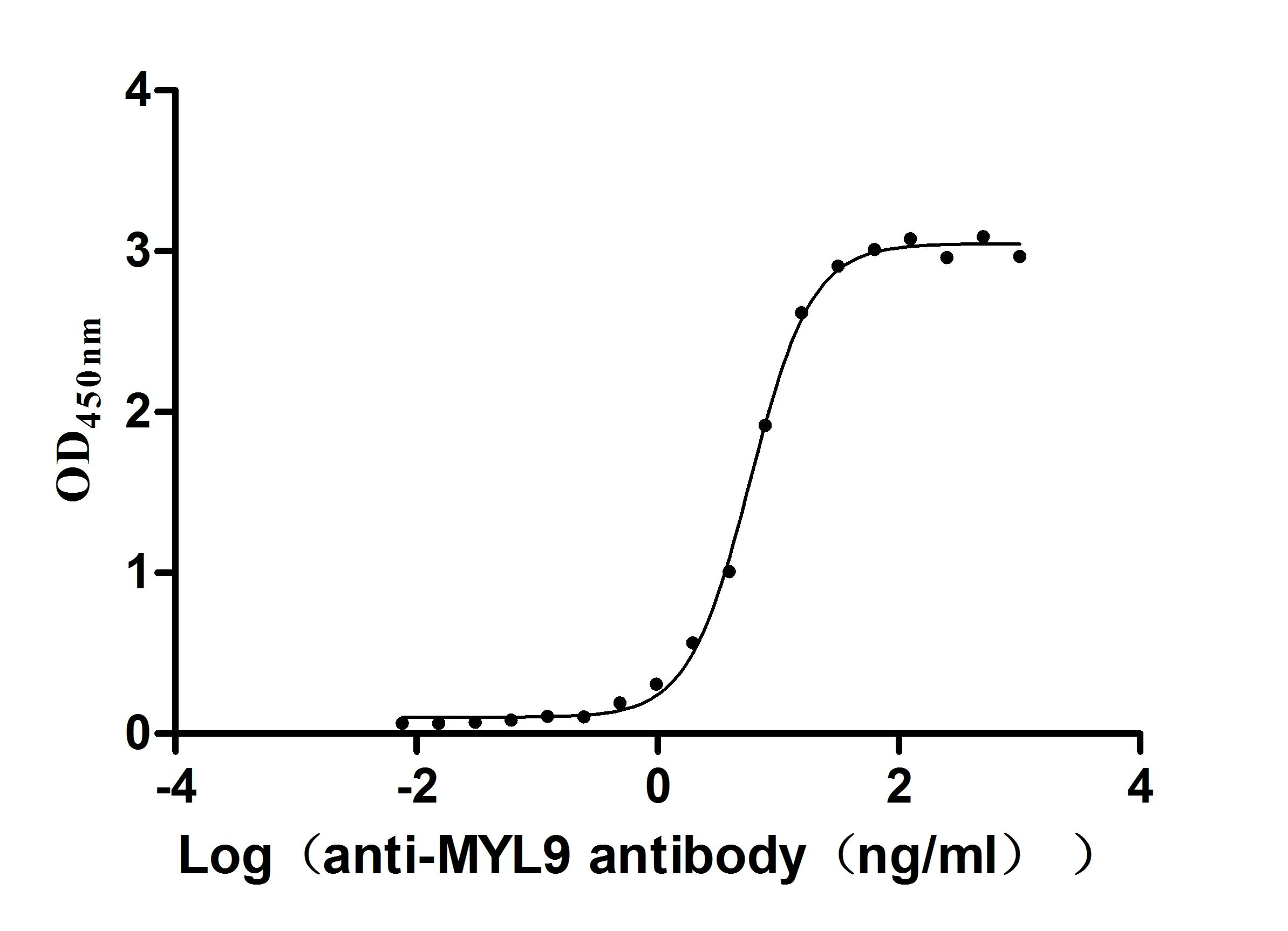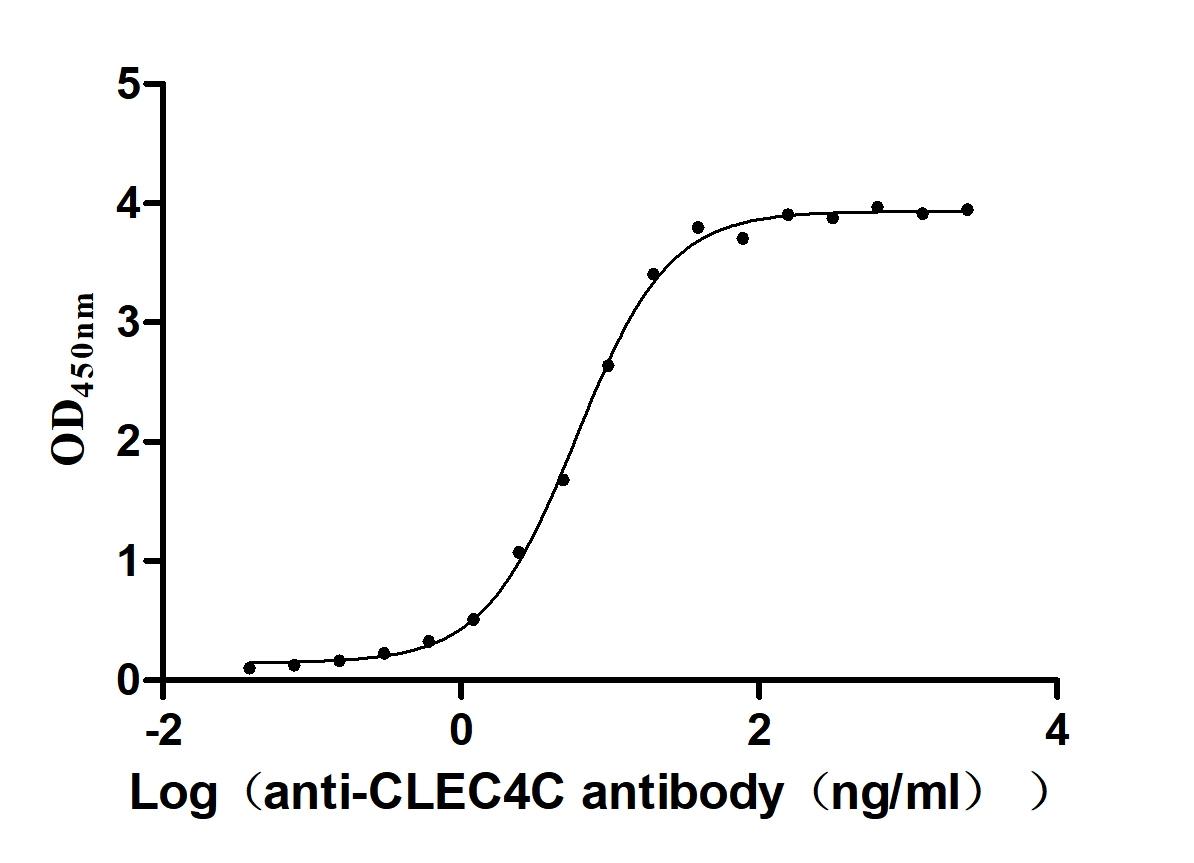Recombinant Human Protein scribble homolog (SCRIB), partial
-
中文名称:人SCRIB重组蛋白
-
货号:CSB-YP621762HU
-
规格:
-
来源:Yeast
-
其他:
-
中文名称:人SCRIB重组蛋白
-
货号:CSB-EP621762HU
-
规格:
-
来源:E.coli
-
其他:
-
中文名称:人SCRIB重组蛋白
-
货号:CSB-EP621762HU-B
-
规格:
-
来源:E.coli
-
共轭:Avi-tag Biotinylated
E. coli biotin ligase (BirA) is highly specific in covalently attaching biotin to the 15 amino acid AviTag peptide. This recombinant protein was biotinylated in vivo by AviTag-BirA technology, which method is BriA catalyzes amide linkage between the biotin and the specific lysine of the AviTag.
-
其他:
-
中文名称:人SCRIB重组蛋白
-
货号:CSB-BP621762HU
-
规格:
-
来源:Baculovirus
-
其他:
-
中文名称:人SCRIB重组蛋白
-
货号:CSB-MP621762HU
-
规格:
-
来源:Mammalian cell
-
其他:
产品详情
-
纯度:>85% (SDS-PAGE)
-
基因名:
-
Uniprot No.:
-
别名:CRIB 1; CRIB1; hScrib; LAP 4; LAP4; PDZ domain protein scribble; Protein LAP4; Protein scribble homolog; SCRB 1; SCRB1; SCRIB 1; Scrib; SCRIB_HUMAN; SCRIB1; Scribble; Scribble homolog 1; scribbled homolog (Drosophila); Vartul
-
种属:Homo sapiens (Human)
-
蛋白长度:Partial
-
蛋白标签:Tag type will be determined during the manufacturing process.
The tag type will be determined during production process. If you have specified tag type, please tell us and we will develop the specified tag preferentially. -
产品提供形式:Lyophilized powder
Note: We will preferentially ship the format that we have in stock, however, if you have any special requirement for the format, please remark your requirement when placing the order, we will prepare according to your demand. -
复溶:We recommend that this vial be briefly centrifuged prior to opening to bring the contents to the bottom. Please reconstitute protein in deionized sterile water to a concentration of 0.1-1.0 mg/mL.We recommend to add 5-50% of glycerol (final concentration) and aliquot for long-term storage at -20℃/-80℃. Our default final concentration of glycerol is 50%. Customers could use it as reference.
-
储存条件:Store at -20°C/-80°C upon receipt, aliquoting is necessary for mutiple use. Avoid repeated freeze-thaw cycles.
-
保质期:The shelf life is related to many factors, storage state, buffer ingredients, storage temperature and the stability of the protein itself.
Generally, the shelf life of liquid form is 6 months at -20°C/-80°C. The shelf life of lyophilized form is 12 months at -20°C/-80°C. -
货期:Delivery time may differ from different purchasing way or location, please kindly consult your local distributors for specific delivery time.Note: All of our proteins are default shipped with normal blue ice packs, if you request to ship with dry ice, please communicate with us in advance and extra fees will be charged.
-
注意事项:Repeated freezing and thawing is not recommended. Store working aliquots at 4°C for up to one week.
-
Datasheet :Please contact us to get it.
靶点详情
-
功能:Scaffold protein involved in different aspects of polarized cell differentiation regulating epithelial and neuronal morphogenesis and T-cell polarization. Via its interaction with CRTAM, required for the late phase polarization of a subset of CD4+ T-cells, which in turn regulates TCR-mediated proliferation and IFNG and IL22 production. Most probably functions in the establishment of apico-basal cell polarity. May function in cell proliferation regulating progression from G1 to S phase and as a positive regulator of apoptosis for instance during acinar morphogenesis of the mammary epithelium. May also function in cell migration and adhesion and hence regulate cell invasion through MAPK signaling. May play a role in exocytosis and in the targeting of synaptic vesicles to synapses. Functions as an activator of Rac GTPase activity.
-
基因功能参考文献:
- Perturbation of hepatocellular polarity due to overexpression and cytoplasmic enrichment of Scrib supports tumor initiation and hepatocellular carcinoma cell dissemination through specific molecular mechanisms PMID: 29152770
- Data suggest that millisecond dynamic changes in PDZ1 domain conformation are responsible for higher affinity of scribble PDZ1 for phosphorylated ligands; oligopeptide fragments of RPS6KA2 and MCC were used as ligands in these nuclear magnetic resonance chemical shift experiments. (RPS6KA2 = ribosomal protein S6 kinase 2; MCC = mutated in colorectal cancer protein) PMID: 29144123
- Scrib inhibits liver cancer cell proliferation by suppressing the expression of three oncogenes, Yap1, c-Myc and cyclin D1, thereby functioning as a tumor suppressor in liver cancer. PMID: 28460446
- In this study the authors show that human Scrib expression is required for maintaining high levels of human papillomavirus type 18 E6 protein in HeLa cells. PMID: 29074188
- Data suggest that Scribble PDZ-domain-1 and PDZ-domain-3 are major domains that interact with beta-PIX and exhibit distinct binding hierarchy in interactions between individual Scribble PDZ domains and beta-PIX. (Scribble = scribbled planar cell polarity protein; beta-PIX = Rho guanine nucleotide exchange factor 7) PMID: 29061852
- inhibiting acyl thioesterase 2 restores balance to the Scrib palmitoylation cycle, promoting membrane re-localization and growth attenuation PMID: 28065656
- sequencing analysis of SCRIB1 in 473 NTD patients led to the identification of 5 rare heterozygous missense mutations that were predicted to be pathogenic. Two of these mutations, p.Gly263Ser and p.Gln808His, and 2 mouse NTD mutations, p.Ile285Lys and p.Glu814Gly, affected Scrib1 membrane localization and its modulating role of Par-3 and Vangl1 localization. PMID: 28369449
- a new function for Scribble in Rho regulation that entails positioning of DLC3 GAP activity at cell junctions in polarized epithelial cells, is reported. PMID: 27505894
- Low Scribble expression in the primary breast tumor was correlated to prognosis in estrogen receptor-positive breast cancer patients. PMID: 27562784
- Suggest a role for Plexin-B1 as a ligand and Sema4A as a receptor and characterize a reverse signaling pathway downstream of Sema4A regulating cell migration via Scrib. PMID: 28007914
- SCRIB uncouples reactive oxygen species-dependent bacterial killing activity from M1 polarization and inflammatory functions of macrophages PMID: 27694890
- The Palmitoylation-deficient mutants of SCRIB were mislocalized, leading to disruption of cell polarity and loss of their tumor-suppressive activities to oncogenic YAP, MAPK and PI3K/AKT pathways. PMID: 27380321
- Data show hepatitis C virus (HCV) nonstructural protein 4B (NS4B) PDZ-binding motif (PBM) promotes the colony formation of hepatoma cells by degrading human Scribble protein. PMID: 27315218
- the inclusion/exclusion of specific SCRIB exons is a mechanistic hallmark of breast cancer, which could potentially be exploited to develop more efficient diagnostics and therapies. PMID: 27428426
- loss of Scribble-induced HuR translocation mediates the accumulation of Snail via activation of the p38 MAPK pathway. PMID: 26527679
- The two PDZ domains within the PDZ34 tandem of Scribble, a cell polarity regulator, tightly pack in a 'front-to-back' mode to form a compact supramodule. PMID: 25734361
- We show that loss of Scrib and activated oncogenic KRas cooperate in vivo, resulting in more aggressive lung tumors PMID: 24276238
- High levels of mislocalized SCRIB functions as a neomorph to promote mammary tumorigenesis. PMID: 24662921
- miR-296-5p/SCRIB axis plays a role in breast carcinogenesis PMID: 24527800
- This study demonstrated that rare deleterious mutations of SCRIB may contribute to the multifactorial risk for human spina bifida. PMID: 23922697
- These data suggests a novel role for Scribble in positively regulating tight junction assembly through transcriptional regulation of an epithelial-to-mesenchymal signaling program. PMID: 23813956
- SHOC2 and MRAS form a complex with SCRIB. PMID: 24211266
- Although the Scribble P305L mislocalization mutant can no longer suppress Ras-MAPK-induced invasion or epithelial to mesenchymal transition phenotypes, mislocalized Scribble can still suppress anchorage-independent cell growth. PMID: 23774808
- CD74-dependent deregulation of the tumor suppressor Scribble in human epithelial and breast cancer cells. PMID: 23730214
- results demonstrate that hScrib acts as a scaffold to integrate the control of the PP1gamma and ERK signaling pathways and explains how disruption of hScrib localisation can contribute towards the development of human malignancy PMID: 23359326
- During anoikis, hScrib and hDlg1 have distinct and opposing functions in human keratinocytes. PMID: 22792261
- NOS1AP colocalizes with both SCRIB and VANGL1 along cellular protrusions in metastatic breast cancer cells, but does not colocalize with either SCRIB or VANGL1 at cell junctions in normal breast cells PMID: 22179838
- Missense variants in SCRIB may represent a cause of craniorachischisis in humans, as in mice, with defective planar cell polarity protein trafficking to the plasma membrane a likely pathogenic mechanism. PMID: 22095531
- SCRIB deregulation strongly correlated with poor survival in prostate cancer PMID: 21965329
- These findings indicate that binding of NS1 to Scribble and Dlg1 functions to disrupt the cellular tight junction and that this effect likely contributes to the severe disease associated with highly pathogenic H5N1 influenza A viruses. PMID: 21849460
- These data uncover a previously unrecognized exploitation of Scrib for aberrant tumor cell motility and invasion, thus potentially contributing to disease progression in humans. PMID: 21549346
- genetic variability in the SCRIB polarity gene does not contribute to breast cancer development PMID: 20936341
- HPV16 E6 association with PDZ domain-containing proteins, MAGI1, Dlg1 or Scrib, stabilized the levels of E6. PMID: 21489588
- single nucleotide polymorphisms in scrib is not associated with breast cancer. PMID: 21086040
- one function of the avian NS1 ESEV PBM sequence is to reduce apoptosis during infection through disruption of Scribble's proapoptotic function PMID: 20702615
- hScrib is involved in the development of endometrial cancer. PMID: 20939435
- HMGB1 release, as well as its redox state, thus links autophagy and apoptosis, representing a suitable target when coupled with conventional tumor treatments PMID: 20622900
- Scribble is an important regulator of tight junctions functions and plasticity in the intestinal epithelium. PMID: 19959811
- hScrib is a functional homologue of DmScrib and therefore predict an important role for hScrib in the suppression of mammalian tumorigenesis PMID: 14681682
- Degradation by human papilloma virus E6 may cause progressive decrease of hScrib expression during disease progression from low-grade squamous intraepithelial lesions (SIL) to high-grade SIL PMID: 14710229
- May act as a tumor suppressor PMID: 15261375
- LPP and Scrib proteins localize in cell-cell contacts. This interaction links Scrib to a communication pathway between cell-cell contacts and the nucleus, and implicates LPP in Scrib-associated functions PMID: 15649318
- hScrib directly binds to the G protein-coupled thyroid stimulating hormone receptor (TSHR), inhibits basal receptor endocytosis and promotes recycling, and thus TSHR signalling, at the cell membrane. PMID: 15775968
- data establishs a potential link between the E-cadherin and hScrib tumor suppressors PMID: 15806148
- The direct interaction between hScrib and ZO-2, a junction-associated protein, was reported. PMID: 15975580
- mapped the binding site of E6 on hScrib and shown that the interaction of E6 with hScrib is distinct from its interactions with other PDZ domain-containing targets PMID: 16103886
- interacts with TRIP6; binding between two of zyxin's family members and Scrib links Scrib to a communication pathway between cell-cell contacts and the nucleus, and implicates these zyxin family members in Scrib-associated functions PMID: 16137684
- These results suggest that Scrib stabilizes the coupling between E-cadherin and the catenins and are consistent with the idea that mammalian Scrib could behave as a tumor suppressor by regulating epithelial cell adhesion and migration. PMID: 16344308
- E6AP is extensively involved in the ubiquitin-mediated degradation of SCRIB (an HPV E6-dependent substrate) as a cellular E3 ubiquitin-protein ligase. PMID: 16482544
- Knockdown of hScrib expression by RNAi disrupts localization of adenomatous polyposis coli(APC) at the adherens junction. These data suggest hScrib may participate in the hDlg-APC complex through PDZ domains and regulate cell cycle and neural function PMID: 16611247
显示更多
收起更多
-
相关疾病:Neural tube defects (NTD)
-
亚细胞定位:Cell membrane; Peripheral membrane protein. Cell junction. Cell junction, adherens junction. Cell projection, lamellipodium. Cytoplasm. Cell junction, synapse, postsynapse. Cell junction, synapse, presynapse.
-
蛋白家族:LAP (LRR and PDZ) protein family
-
组织特异性:Expressed in kidney, skeletal muscles, liver, lung, breast, intestine, placenta and skin mainly in epithelial cells (at protein level).
-
数据库链接:
Most popular with customers
-
Recombinant Human CD276 antigen (CD276), partial (Active)
Express system: Mammalian cell
Species: Homo sapiens (Human)
-
Recombinant Human Insulin growth factor-like family member 1 (IGFL1) (Active)
Express system: Mammalian cell
Species: Homo sapiens (Human)
-
Recombinant Human IGF-like family receptor 1 (IGFLR1), partial (Active)
Express system: Mammalian cell
Species: Homo sapiens (Human)
-
Recombinant Dog Angiopoietin-2 (ANGPT2) (Active)
Express system: Mammalian cell
Species: Canis lupus familiaris (Dog) (Canis familiaris)
-
Recombinant Human Microtubule-associated protein tau (MAPT) (Active)
Express system: Mammalian cell
Species: Homo sapiens (Human)
-
Recombinant Human Myosin regulatory light chain 12A (MYL12A) (Active)
Express system: E.coli
Species: Homo sapiens (Human)
-
Recombinant Macaca fascicularis C-type lectin domain family 4 member C(CLEC4C), partial (Active)
Express system: Mammalian cell
Species: Macaca fascicularis (Crab-eating macaque) (Cynomolgus monkey)



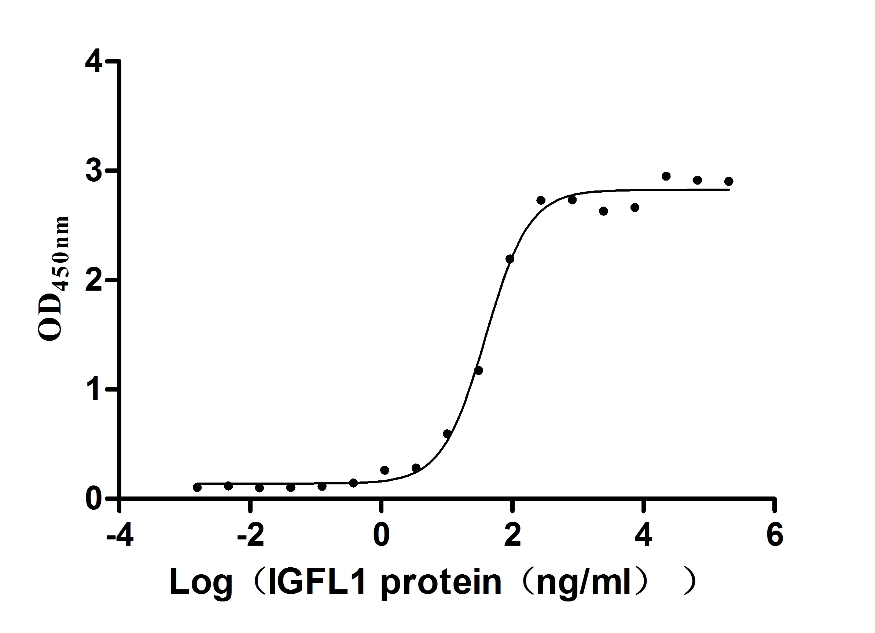
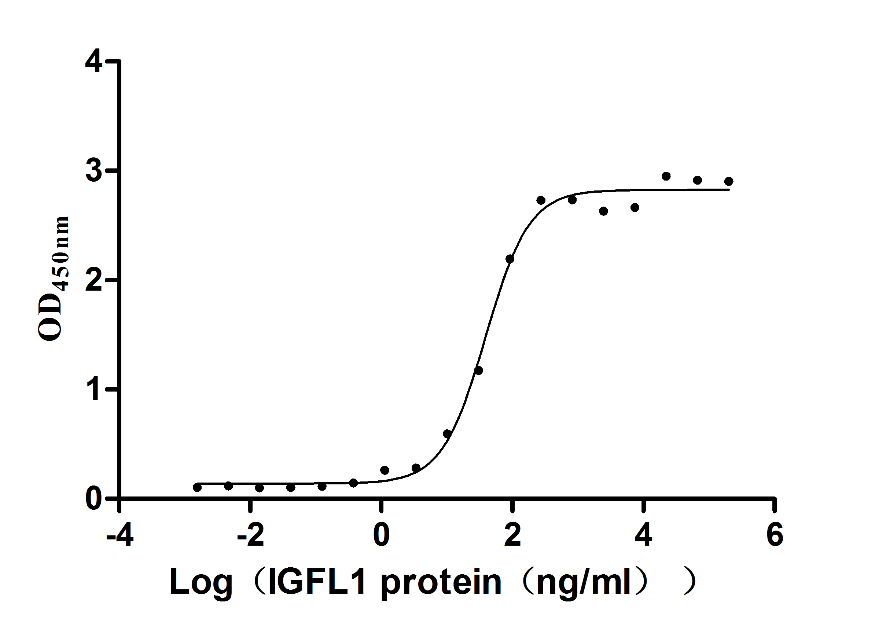
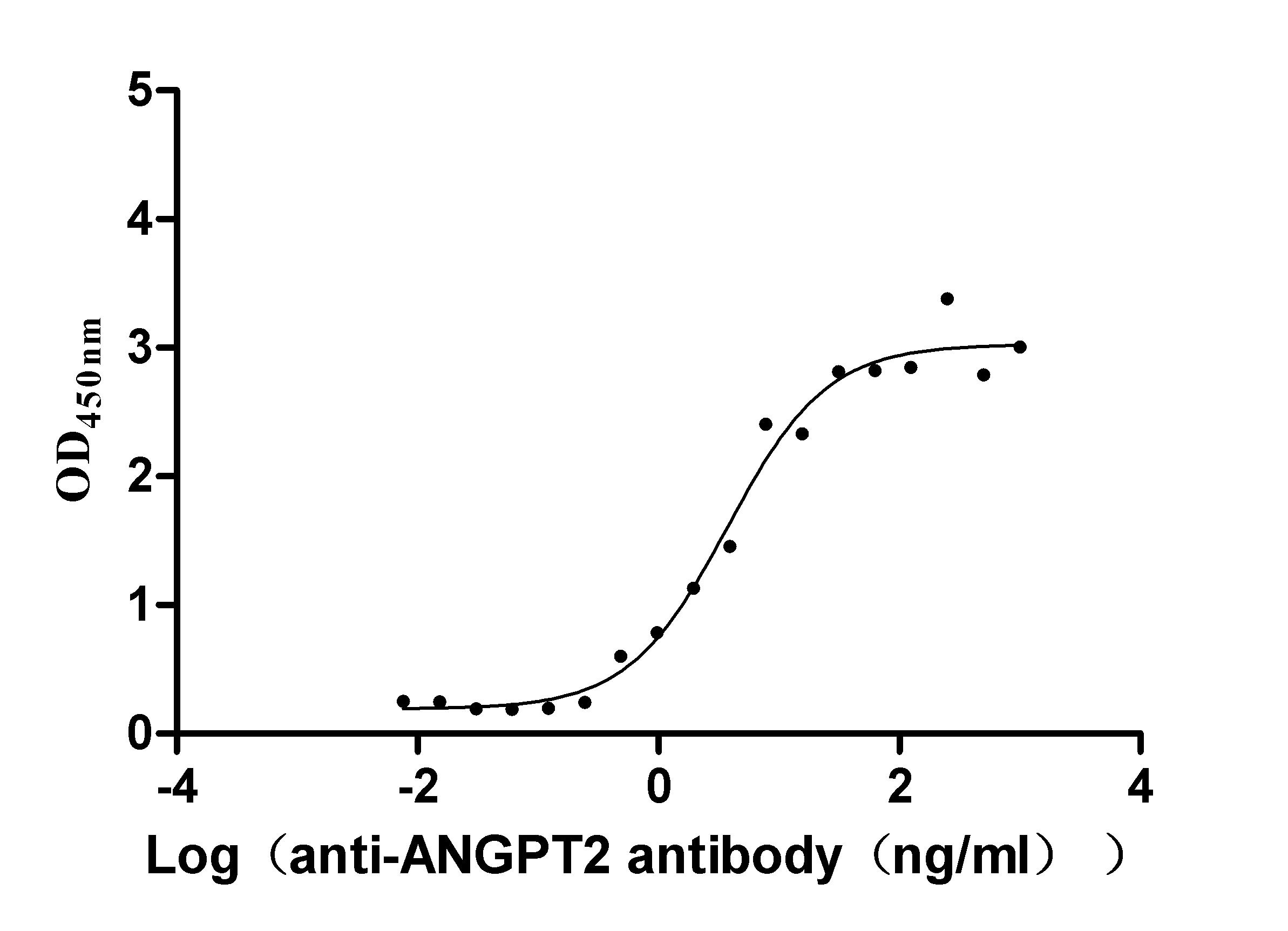
-AC1.jpg)
